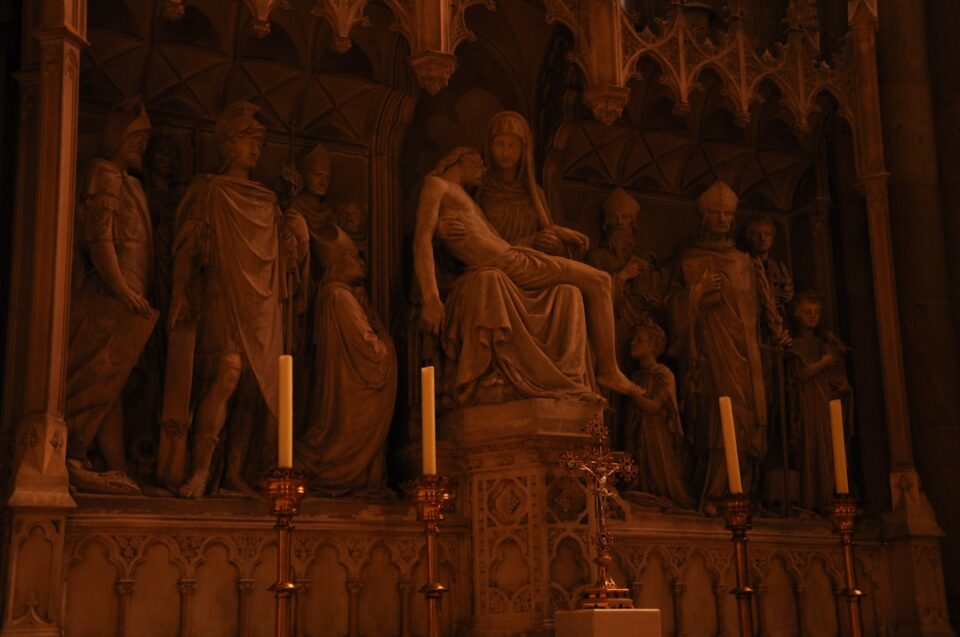Divination, the ancient practice of seeking knowledge of the future or hidden information, has been an integral part of various religious traditions across the world. From ancient times to the present day, people have turned to divination methods to gain insights, find guidance, or simply connect with a higher power. In this blog post, we will explore the concept of divination in different religious traditions and understand how it has shaped beliefs and practices.
One of the oldest recorded forms of divination can be found in the ancient Mesopotamian civilization. The Babylonians, for instance, practiced hepatoscopy, which involved the examination of animal livers to predict the future. They believed that messages from the gods could be interpreted through the presence of anomalies or peculiarities in the livers. This practice was not only used for personal guidance but also to make important decisions regarding royal matters.
Moving eastwards, we encounter the concept of divination in Hinduism. Hinduism embraces a vast array of divinatory practices, such as astrology, palm reading, and face reading. Astrology, in particular, plays a significant role in determining auspicious times for important events and understanding one’s strengths and weaknesses. Many Hindus consult astrologers to get advice on various life matters ranging from marriage to career decisions.
In Chinese religious traditions, divination is deeply rooted in the belief in the interconnectedness of all things in the universe. The I Ching, also known as the Book of Changes, is a revered divination text that has been consulted for centuries. It uses a set of symbols called hexagrams to provide guidance and insights into the present and future situations. The I Ching helps individuals make better choices and navigate the complexities of life.
Now, let us turn our attention to the concept of divination in indigenous religions. Many indigenous cultures place great value on divination as a way to communicate with the spiritual realm. For example, in African tribal traditions, divination is often performed by a priest or priestess who acts as a mediator between the physical and spiritual worlds. Divination tools, such as cowrie shells, bones, or stones, are cast, and interpretations are made based on their patterns or positions. The insights gained from divination are believed to help individuals make informed decisions and maintain harmony with the spiritual forces.
In contemporary Western society, divination practices have become more popular and accessible. Tarot card reading, for instance, has gained significant popularity as a means of seeking guidance and understanding. Tarot cards, with their rich symbolism and archetypal imagery, are seen as a powerful tool for self-reflection and personal growth. Many individuals turn to tarot readers to gain insights into their relationships, career, or spiritual journeys.
While divination practices may differ across religious traditions, they share a common thread of seeking guidance and connecting with the divine. Divination is not about predicting the future with absolute certainty but rather about gaining perspective and understanding. It offers a way to tap into our intuition and access deeper levels of consciousness.
In conclusion, the concept of divination is deeply rooted in various religious traditions. From the hepatoscopy of ancient Babylonians to the use of tarot cards in contemporary Western society, divination has been a way for individuals to seek guidance, gain insights, and connect with higher powers. Regardless of the specific methods or tools used, divination remains a powerful practice that offers a unique window into the mysteries of the universe.

